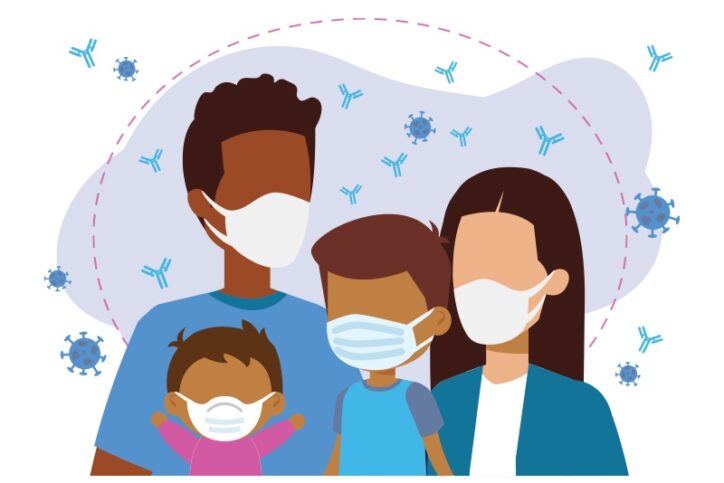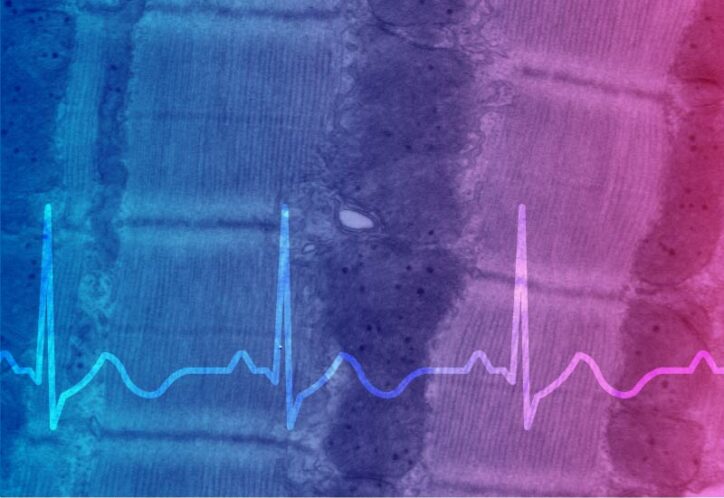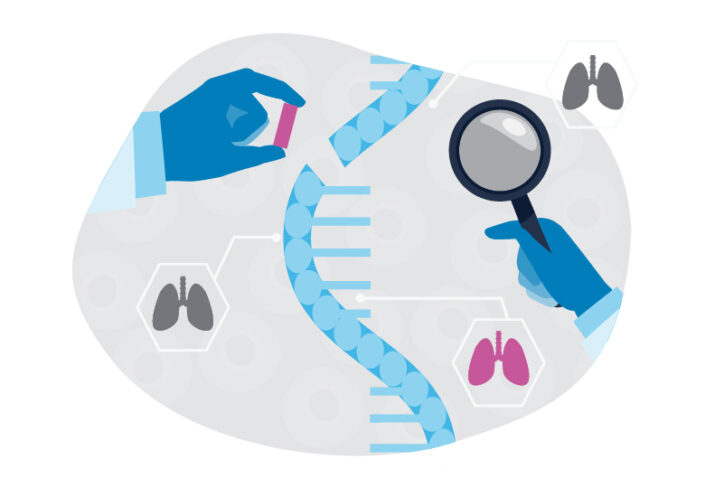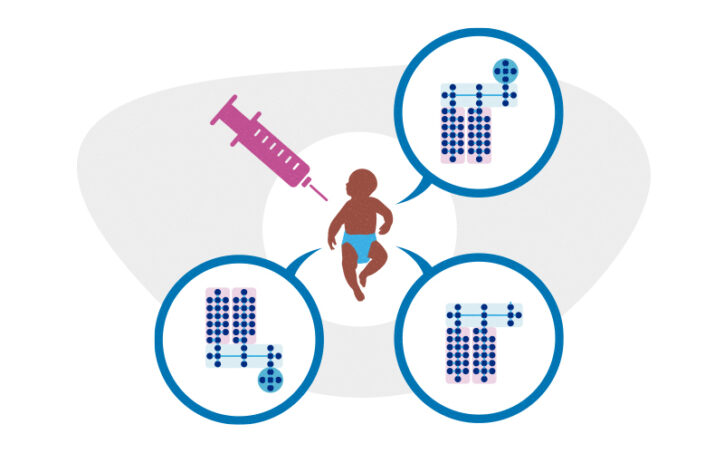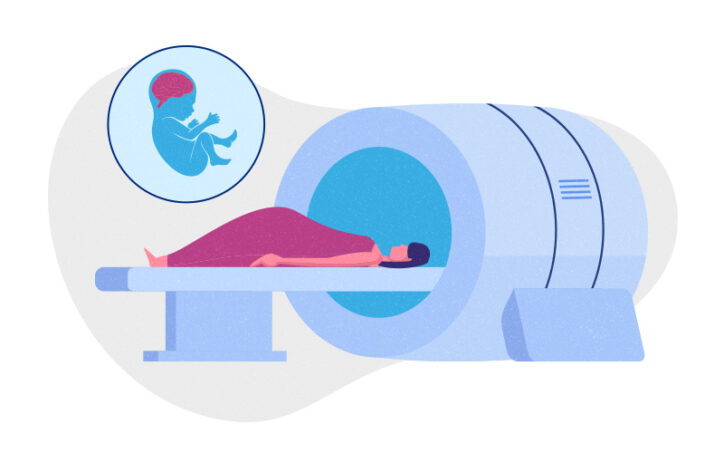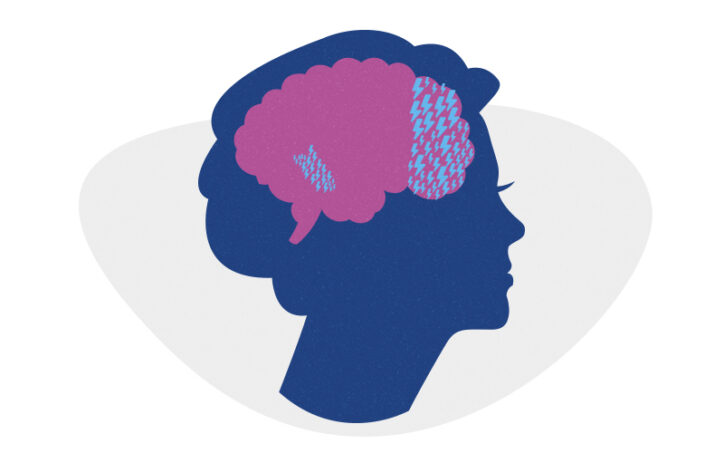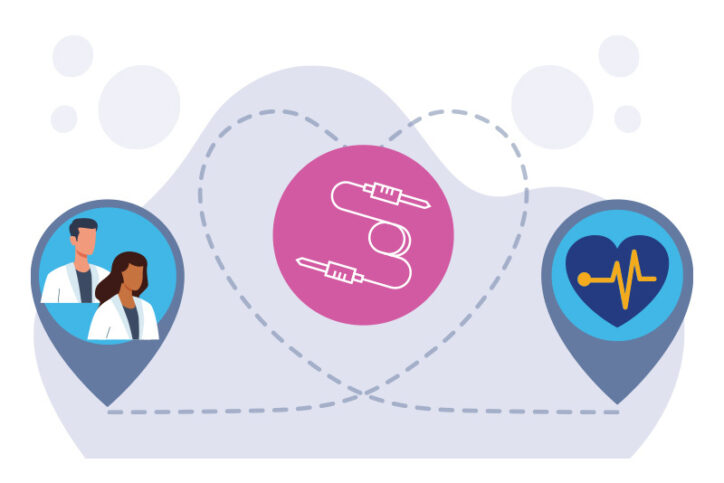Previous COVID-19 or MIS-C does not protect kids from Omicron
You would think that having had COVID-19 once, you’d have antibodies that would protect you against repeat infections. But studies of adults have shown that Omicron doesn’t go by that logic. A new study, led by Dr. Adrienne Randolph of Boston Children’s Hospital and Dr. Surender Khurana of the Food and Drug Administration, confirms that ... Read More about Previous COVID-19 or MIS-C does not protect kids from Omicron
Getting to the heart of heart muscle function
Every heart muscle cell, or cardiomyocyte, is studded with tiny, intricate structures called dyads. The dyads are like orchestra conductors: They coordinate incoming electrical signals with release of calcium in the muscle, triggering contraction. When dyads work properly, the different segments of heart muscle contract in unison; when they don’t, heartbeats may be too weak ... Read More about Getting to the heart of heart muscle function
Cell therapy for lung disease? Proof-of-concept study shows promise
Many serious pulmonary diseases, including genetic lung diseases, lack an effective treatment other than the most extreme: lung transplant. A team at Boston Children’s Hospital envisions a much better option: cell therapy, using lung stem cells created from patients’ own cells to repair or replace damaged lung tissue. For patients with genetic lung diseases, the ... Read More about Cell therapy for lung disease? Proof-of-concept study shows promise
Old vaccine, new tricks? Unlocking the BCG vaccine’s potential
Could a century-old vaccine offer clues for designing the vaccines of tomorrow? Ofer Levy, MD, PhD, director of the Precision Vaccines Program at Boston Children’s Hospital, wants to find out. One of the world’s oldest and most widely used vaccines, the Bacille Calmette-Guérin (BCG) tuberculosis vaccine may at first seem like an unlikely source of ... Read More about Old vaccine, new tricks? Unlocking the BCG vaccine’s potential
COVID-19’s devastating toll: An increase in adolescent suicides and mental health crises
The past decade has seen worrisome increases in self-harm, suicidal ideation, and suicide attempts among adolescents. Two new studies from Boston Children’s Hospital show that the situation became even more acute with the onset of COVID-19. Epidemiologist Maimuna Majumder, PhD, and colleagues at the Computational Health Informatics Program (CHIP) at Boston Children’s partnered with public health ... Read More about COVID-19’s devastating toll: An increase in adolescent suicides and mental health crises
Fetal brain imaging predicts neurodevelopment of babies with congenital heart disease
Children with congenital heart disease (CHD) often have neurodevelopmental impairment. Until fairly recently, this was thought to stem from complications of cardiac surgery or reduced oxygen supply to the brain due to the heart defect. Now we know that some babies with CHD have impaired brain development in utero because of low oxygen supply to ... Read More about Fetal brain imaging predicts neurodevelopment of babies with congenital heart disease
A new angle on the cause of Alzheimer’s disease: Accumulating brain mutations
Alzheimer’s disease is marked by a loss of functional neurons in the brain. But what causes this loss? A new study reveals that people with Alzheimer’s have an abundance of newly acquired mutations in their neurons — more than people of the same age without Alzheimer’s, and enough to disable genes important to brain function. ... Read More about A new angle on the cause of Alzheimer’s disease: Accumulating brain mutations
Nurses Week 2022: Patients at high risk for adverse events related to sepsis
Boston Children’s commitment to exceptional patient care and the best possible outcomes inspires innovation and growth. Both the hospital and its nursing leadership encourage professional development of employees through a variety of research and educational programs. The professional practice of Katie Roy, DNP, RN, CPNP-AC, FNP-BC, nurse practitioner, Medical-Surgical Intensive Care Unit (MSICU), provides a ... Read More about Nurses Week 2022: Patients at high risk for adverse events related to sepsis
“Seeing” the unseen: A way to pinpoint elusive cardiac conduction tissue
When patients with congenital heart issues have an operation, surgeons have to proceed with an “eye of faith” as they work around conduction tissue — a network of cells and electrical signals that control the beating of a heart. Not visible to the naked eye, conduction systems vary person to person, but they’re particularly difficult ... Read More about “Seeing” the unseen: A way to pinpoint elusive cardiac conduction tissue
Immunotherapy for kids: An option for childhood liver cancer?
You may have seen ads for immunotherapy drugs, or even know someone whose cancer has been treated with them. These medications, which use a patient’s own immune system to help fight cancer, are increasingly popular for treating solid tumors in adults. However, immunotherapy has been less successful in treating cancer in kids. The reason for ... Read More about Immunotherapy for kids: An option for childhood liver cancer?


